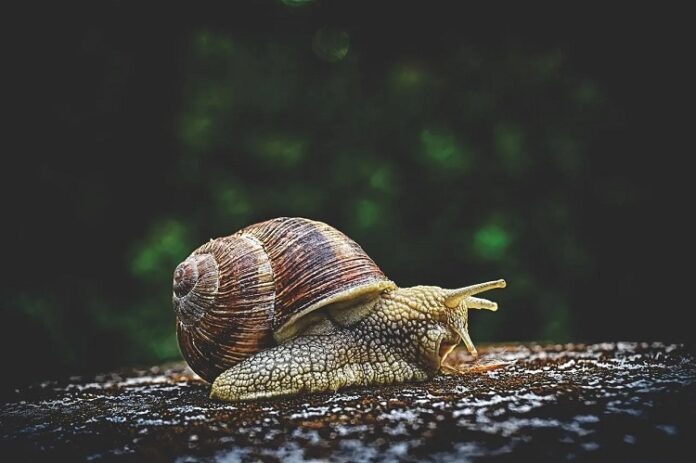Scientists from the University of Sussex are researching snails in a bid to find new, innovative ways to treat memory loss.
Dr. George Kemenes, a senior fellow at the university, and his team are developing new ways to treat long-term memory loss, a problem, which has wide-reaching implications for individuals. Scientists are trying to develop a new drug, which has been labeled “Viagra for the brain” to help reduce memory loss and enable patients who have to develop memory loss as a result of illness or injury, to remember and retain their personality.
Dr. Kemenes and his team are hoping to prove that such a drug could work. The aims of his research are to identify the molecules in the brain, which are responsible for the establishment and maintenance of long-term memory and to work out how to use the functions to improve memory and learning speed. Researchers are using snails because they share many characteristics with humans.
About the study
Dr. Kemenes is carrying out a study to see if memory functions can be enhanced or inhibited by chemicals; the team is using snails because they have the same basic mechanisms to control memory. Humans and snails have a protein called CREB, which is important in long-term memory function; CREB can be activated or suppressed.
The team is using Pavlovian methods to see how snails form memories; the snails have been exposed to pear drops and food containing sucrose and when they are exposed to the smell of pear drops sometime later, they will produce the same conditioned response. The test shows that snails form a memory, which enables them to bring about the same response; this is described as ‘flashbulb’ memory. Dr. Kemenes also used a different test to show how snails responded to a tickling stimulus, which they dislike, before being exposed to food; it took the snails much longer to link the tickling stimulus to the arrival of food. Learn more about various mental problems anyone can face, on this website: www.breakingbio.org













